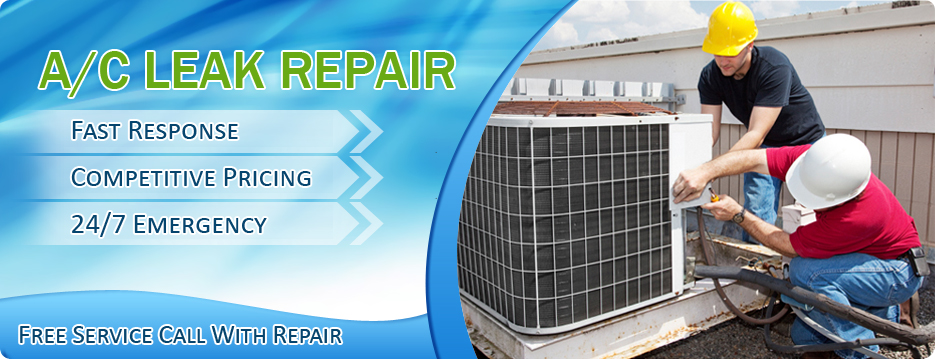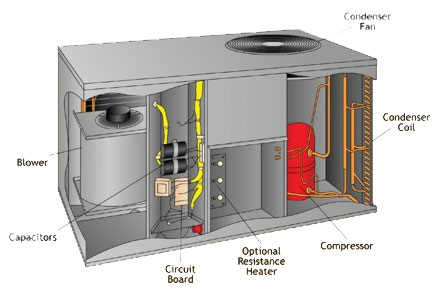Whether it’s the frosty winters or the sizzling summers, nobody likes an air leak!
They rob you of hundreds of dollars every year by wasting your home energy and keep you uncomfortable at the same time.
It becomes pertinent to improve the thermal performance of your home in the winters and to insulate your home from air leakage in the summers to live comfortably and to save your greens from going down the energy drain!
So How Do Air Leaks Cost Money?
According to an energy consumption survey, you can save upto 20% on your heating and cooling electric bills by preventing and stopping air infiltration.
Besides keeping you and your family cold in the winters by letting the cool air slip in and making you swelter in the scorching summers by letting the cool air conditioner air move out, air leaks also damage frames and walls.
The moisture which sneaks in makes way for mold to breed in the walls and in your home’s framing members. Replacing rotten frames is a VERY expensive task
So, cutting down on energy leaks is not only cost-effective but also makes for a pleasant, safer and more durable home.
Here are a few ways how you can prevent and fix the air leaks in your house:
1. Air Leak Prevention & Seal Tip #1 – Identify the drafty spots.
Find air leaks by checking wall openings outside and cracks inside. On a windy day, feel for a draft in hidden wall corners and crevices. Even a small hole can have a huge impact on your home by constantly robbing you of energy and risking damage to your furniture and structure.
Bonus Tip – Hold a lit incense stick or a candle in-front of electrical outlets, attic hatches, plumbing fixtures, corner walls, window sills and other places where an air leak maybe sneakily taking place.
Also, make sure that you thoroughly check out the basement and the attic as many times air penetration from those places seeps into the rest of the house.
2. Air Leak Prevention & Seal Tip #2 – Caulking and sealing all airy openings.
Applying caulk on windows stops chilly air from coming in winters and prevents your AC from having to over-work when all the cool air seeps out in the summer months.
Get a weatherization kit and once the cracks and holes are identified, begin caulking and sealing all the air infiltration spots.
Seal out the plumbing, electrical wiring, behind the cabinets spacing for stopping and preventing air leakage.
3. Air Leak Prevention & Seal Tip #3 – Search for dirty spots.
Check out for stains or dirty spots on the carpets and the ceiling paint as that is a sure sign of air leaks in the ceiling joints, the wall or floor joists and the interior walls.
Caulk EACH opening.
Bonus Tip – Do check out recessed lighting, wholehouse fans and ceiling fixtures while you’re at it, as these are some of the most common and hidden causes of air leaks in most homes.
4. Air Leak Prevention & Seal Tip #4 – Insulating all wiring.
Installing foam gaskets behind electrical wiring, sockets, light switches and other necessary spots for proper air insulation is mandatory.
5. Air Leak Prevention & Seal Tip #5 – Check your dryer vent.
To prevent a fire from taking place, check your dryer vent and make sure it not blocked and has no openings that are allowing air to flow in or out.
6. 2. Air Leak Prevention & Seal Tip #6 – Foaming for larger gaps.
Use low-expansion spray foam and squirt it into medium sized gaps or larger openings. The foaming spray can be easily used for plugging holes upto 3 inches wide.
Follow our energy-conserving strategies prevent air leakage from robbing you of comfort and dollars.
If you’re unsure of some of the steps or don’t want the DIY home air-leak-proofing job, then call a professional auditor to inspect your home for ALL hidden openings. And get help from a professional retrofitter for sealing and closing all gaps.












